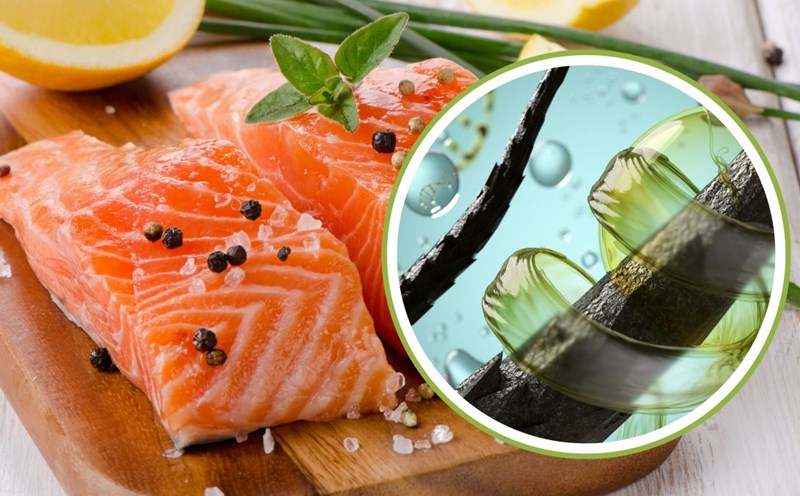Vitamin D
Vitamin D is a powerful anti-inflammatory for your entire system. It is a nutrient that, when chronically deficient, can lead to hair loss.
Vitamin D is important for supporting and nourishing healthy hair follicles. A deficiency in this vitamin can lead to hair loss or thinning hair.
You can become deficient in vitamin D if you live in an area with little sun exposure or if you follow a vegetarian diet. Symptoms of vitamin D deficiency include mood changes, fatigue, bone and joint pain, osteoporosis, muscle weakness or cramps.
Iron
Iron is an essential mineral that makes up hemoglobin, a protein in red blood cells that carries oxygen from the lungs to tissues in the body, including hair.
Your body will always prioritize essential functions, such as breathing and muscle movement. If your iron stores are low, your lungs, muscles, and other organs will be replenished first, and there may not be enough to supply your hair.
A blood test is the best way to tell if you have iron deficiency (iron deficiency anemia), which comes with symptoms including pale skin, lack of energy, shortness of breath and brittle nails.
Food sources of iron include soybeans, lentils, spinach, dark green leafy vegetables, seafood...
Zinc
Zinc is a mineral that plays a role in hundreds of bodily functions. One major function is helping your body metabolize other nutrients, including those that support hair health.
This mineral is linked to male or female pattern baldness (androgenic alopecia). Without zinc, many body functions cannot take place, so you will lose hair.
Zinc also plays a role in thyroid function. If your thyroid is not functioning optimally, you may notice hair loss or thinning. Along with thinning or patchy hair, you may experience loss of appetite, fatigue, and loss of taste.
Zinc is found in beef, chicken, crab, shrimp, breakfast cereals, pumpkin seeds, cheese and lentils.










